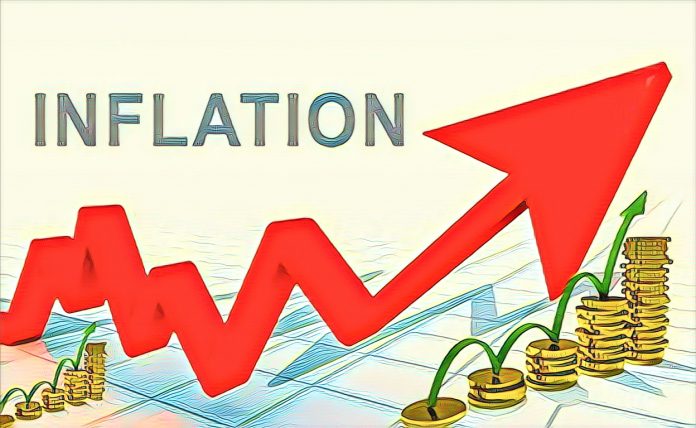As Nigeria braces for the release of October 2023 inflation figures by the National Bureau of Statistics (NBS) tomorrow, a significant forecast comes from KPMG. The multinational professional services network anticipates that Nigeria’s headline inflation will skyrocket to 30% by December 2023. The current inflation rate for September stands at 26.72%.
KPMG’s ‘Macroeconomic Review H1 2023 & Outlook for H2 2023,’ released over the weekend, predicts continued inflationary pressures into the second half of 2023. The report identifies the depreciation of the naira and the impact of fuel subsidy removal as key drivers of higher input prices and production costs, which contribute to imported inflation.
The report also notes that reforms in the petroleum industry, such as fuel subsidy removal and foreign exchange market unification, will significantly influence the spike in goods and service prices. Despite these challenges, KPMG expects the Nigerian economy to grow by 2.6% in 2023, slightly below the World Bank’s revised forecast of 2.8% and the 3.1% growth rate achieved in 2022.
According to a report by The Guardian, KPMG highlights several factors contributing to the weak growth forecast for 2023. These include low crude oil output, high inflation, weakening consumer demand, and losses declared by corporate organizations due to foreign exchange issues. Moreover, FX and subsidy reforms are expected to further dampen consumer demand and raise business costs.
Interestingly, KPMG doesn’t foresee further interest rate hikes. President Bola Tinubu’s administration aims for 6% annual economic growth from 2023 to 2026, focusing on stimulating the private sector by improving business conditions and potentially lowering interest rates. However, this strategy faces a dilemma, as reducing interest rates could conflict with domestic price stability and raise concerns about monetary independence.
These projections follow Afrinvest West Africa’s forecast of a further inflation increase to 27.9% in October 2023. The company links the expected spike to the depreciation of the FX rate and increased transportation costs for agricultural produce. Despite the ongoing harvest season boosting food supply, rising fuel prices continue to contribute significantly to core inflation.
In Lagos State, the impact of inflation is particularly pronounced. Residents now spend a substantial portion of their income on groceries and food. The Stew Index Report by PricePally, an online grocery store, shows that the cost of stew ingredients has risen by 16.77% from 2022 to 2023. A minimum wage earner in Lagos would need over 100% of their monthly salary to afford stew ingredients once a week for a month.
PricePally’s report also points out that fiscal policies, including fuel subsidy removal and the foreign exchange crisis, are major factors affecting food pricing in 2023. Logistics and preservation issues cause farmers to lose over half of their harvest, adding to the inflationary pressure.
Meanwhile, KPMG notes that government revenue should increase for the remainder of 2023, especially with subsidy removal, exchange rate gains, and proposed tax reforms. The firm also emphasizes the need for government accountability in managing these fiscal gains. However, oil theft remains a significant risk to government revenue performance.
Looking ahead to the second half of 2023, KPMG advises monitoring key developments such as the commencement of Dangote Refinery operations, CBN reforms to address FX illiquidity, and government fiscal and trade agendas.
In its domestic macro-economic review, KPMG observed major shifts in Nigeria’s economic growth pattern over the last two decades. The economy, which once grew between 6-7% annually due to private investment, has slowed to an average growth of 1.1% over the last eight years, largely driven by government consumption and investment.
The non-oil sector remains a crucial component of the Nigerian economy, accounting for about 95% of total GDP. Despite the oil sector contracting since Q1 2020, the non-oil sector grew by 3.6% in Q2 2023, driven by sectors such as finance and insurance, information & communication, construction, and manufacturing.



